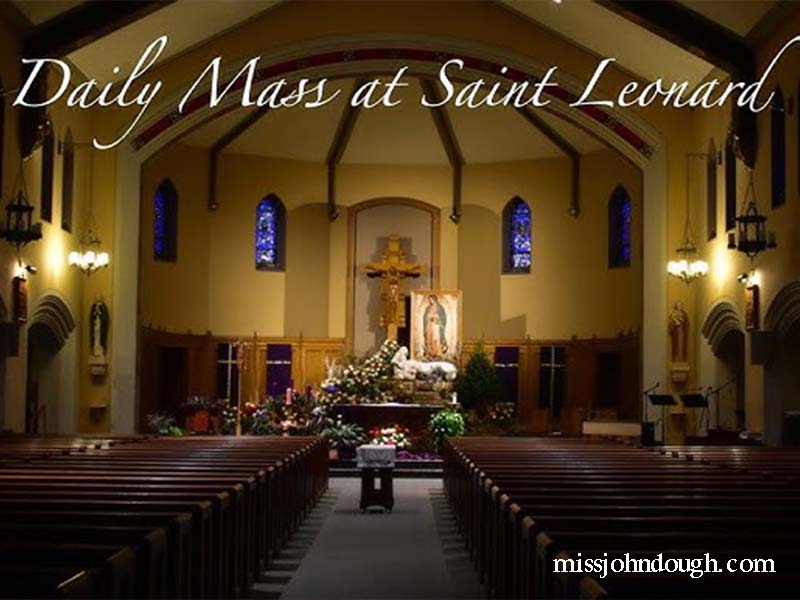Saint Mary Magdalene holds a significant place in the Christian faith, especially within the Episcopal Church. Celebrated on July 22nd, her feast day is a time for reflection on her vital role in the story of Jesus Christ, from being a witness of His resurrection to embodying themes of healing and devotion. In the Episcopal tradition, Mary Magdalene is recognized as a “witness to the resurrection” and revered for her deep connection with Christ, making her feast day on July 22nd a time of special liturgical observance.
Saint Mary Magdalene’s story is one of transformation and spiritual significance. Known for being healed by Jesus from evil spirits, she became a devoted follower, accompanying Jesus and the apostles throughout His ministry. She was present at the crucifixion and was the first to see Christ resurrected. This pivotal moment has earned her the title of “Apostle to the Apostles,” a term used by Church fathers such as Bernard of Clairvaux, who celebrated her as the one who announced the resurrection to the apostles.
Her life and testimony also have a lasting impact on liturgical practices, with the Episcopal Church dedicating a special focus on her story during services on July 22nd. Churches across the nation, including Saint Mary Magdalene Episcopal Church, offer special prayers, reflections, and community gatherings to honor her life and witness. In the lectionary of the Episcopal Church, the readings for her feast day are carefully selected to reflect her themes of faith, healing, and the power of resurrection.
Mary Magdalene in the Church Calendar
The feast day of Saint Mary Magdalene on July 22nd offers the faithful an opportunity to pause and meditate on her role as a witness to Christ’s resurrection. The readings for this day include texts that highlight themes of renewal, transformation, and reconciliation. For instance, the Gospel reading for the day from John 20:11-18 focuses on Mary Magdalene’s encounter with the risen Christ. After His resurrection, she was the first to witness Jesus alive, a moment that deeply connects her with the core message of the Christian faith.
The Collect, or opening prayer, for her feast day reflects this transformative role. In both Rite I and Rite II, it asks for healing and grace, mirroring the healing that Mary experienced both physically and spiritually through Christ. This prayer emphasizes the importance of following her example in faith and devotion.
The Liturgical Significance of July 22nd
For Episcopalians, the liturgical observance of Mary Magdalene’s feast day on July 22nd is not merely a historical reflection but a living practice that invites believers to emulate her faithfulness. Episcopal churches, such as Saint Mary Magdalene Episcopal Church, celebrate this day with special services, readings, and hymns that honor her legacy. These observances allow parishioners to connect more deeply with her story, reminding them of the power of resurrection and the transformative potential of Christ’s love.
Saint Mary Magdalene’s feast day is also a reminder of the broader themes of redemption and reconciliation central to the Episcopal faith. Her journey from being healed of demonic possession to becoming a prominent witness to the resurrection serves as a powerful metaphor for the Christian path of spiritual renewal and transformation. Episcopalians celebrate her as someone who represents hope for all people, regardless of past mistakes or challenges, showing that redemption is possible for everyone.
Saint Mary Magdalene in Contemporary Faith Communities
Today, churches like Saint Mary Magdalene Episcopal Church actively promote the life and legacy of Mary Magdalene not just through worship but also through community events and outreach. This day often involves reflecting on the themes of healing, both physical and emotional, much like the healing Mary Magdalene received at the hands of Jesus. Such celebrations foster a sense of spiritual renewal among congregants and strengthen their commitment to serving others, as Mary Magdalene did in her ministry with Christ.
Additionally, this day offers a chance to challenge traditional gender roles in the church. Historically, Mary Magdalene has been misrepresented or overlooked, yet her role as the first evangelist to the apostles highlights her significant contribution to early Christianity. Modern Episcopal communities, including Saint Mary Magdalene, often highlight her story as one of empowerment, particularly in promoting a more inclusive and egalitarian understanding of leadership within the church.
Conclusion: A Feast of Healing and Witness
The feast day of Saint Mary Magdalene on July 22nd is more than just a commemoration; it is an opportunity for deep reflection on faith, healing, and the power of resurrection. For the Episcopal Church, it serves as a reminder of the transformative power of Christ’s love, symbolized in the life of Mary Magdalene. Whether through special services, prayers, or community outreach, Episcopal churches like Saint Mary Magdalene Episcopal Church offer a space for believers to engage with her story and draw inspiration from her example of faith and devotion. As the Church continues to celebrate her life, it echoes the central Christian message that healing and renewal are always within reach through Christ.
By observing this important feast day, both the Church and the faithful can embrace the call to witness the resurrection in their own lives, finding hope, grace, and healing through the example of Saint Mary Magdalene.


